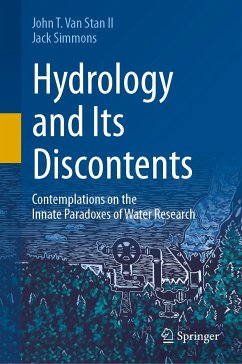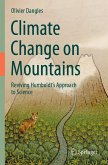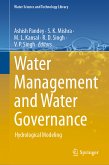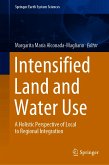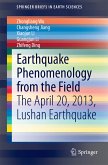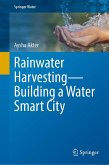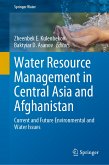Central to our narrative is the escalating societal urge to quantify and "manage" water-something interwoven throughout every environmental layer, including the fabric of our being. An excessive focus on management may alienate users from their water realities, jeopardizing the vital threads that sustainability tether water science and society.Consequently, this book explores compelling and inescapable tensions that resist tidy universal resolution, such as: the language of water science, including its mathematical reductions (i.e., models); the effect of water's commodification on its science; hydrology's intersection with colonialism; and other concerns that reveal distortions in our hydrology.
We aim to aid water professionals in recognizing and fine-tuning the paradoxes intrinsic to their work. To underscore the interwoven complexity of contemporary hydrology, 'Hydrology and Its Discontents' guides readers into the tempestuous depths of water research, all the while urging a recalibration of perspectives and motivations.
Dieser Download kann aus rechtlichen Gründen nur mit Rechnungsadresse in A, B, BG, CY, CZ, D, DK, EW, E, FIN, F, GR, HR, H, IRL, I, LT, L, LR, M, NL, PL, P, R, S, SLO, SK ausgeliefert werden.

